|
When João Lourenço was elected President of Angola in September 2017, replacing long-time leader Jose Eduardo dos Santos, there were fears he would be little more than Dos Santos' stooge. But many who doubted his resolve to end the Dos Santos family's stranglehold on Angola's politics and economy have been impressed by his apparent determination to take them on. Claudia Gastrow examines what he’s done to take on the patronage networks.
Last year a team of researchers from Abbott, an American medical devices and health care company, announced the discovery of a rare new strain of HIV. This is the first new strain of the virus identified in nearly 20 years. Linda-Gail Bekker explains what this discovery means for the fight to end the epidemic.
|
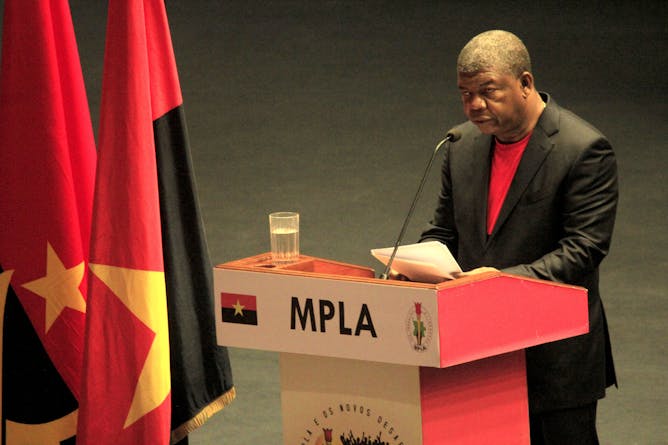
Angolan President João Lourenço addressing a meeting of the governing party.
EFE-EPA/Ampe Rogerio
Claudia Gastrow, University of Johannesburg
The Dos Santos family and their supporters claim they are the objects of political persecution.
|

It’s important for scientists to have the most thorough understanding of HIV.
Shutterstock
Linda-Gail Bekker, University of Cape Town
The discovery of a new strain of HIV gives scientists a better understanding of the virus.
|
Arts, Culture and Society
|

Babatunde Samson Adebayo, University of Ilorin
Nigeria is not known as a cricketing nation, yet its Under-19 team qualified for the World Cup. What is secret of their sudden success?
| |

Julie Parle, University of KwaZulu-Natal
Sedatives contributed to a pharmaceutical revolution in South Africa in the divided 1950s, especially among white users.
|
|
|
Environment + Energy
|
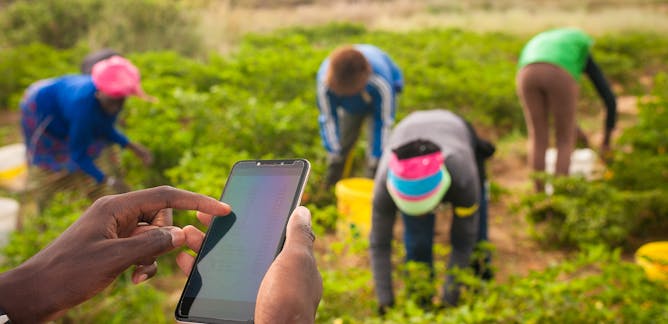
Antoine Le Quéré, Institut de recherche pour le développement (IRD); Tatiana Krasova Wade, Institut de recherche pour le développement (IRD)
Farmers are more likely to adopt and share new practices when their knowledge and experience is taken into account.
| |
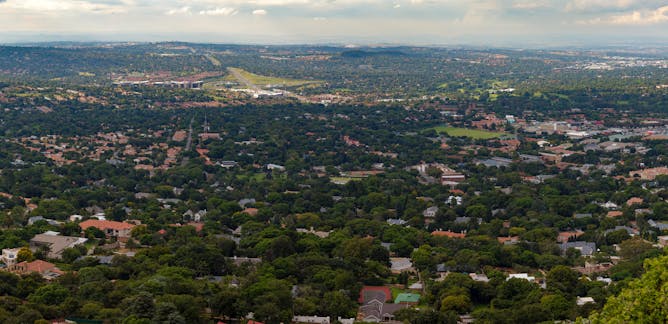
Trudy Paap, University of Pretoria
A tree-killing beetle that invaded South Africa two years ago and wreaked havoc in the country's towns and cities still hasn't been declared an emergency plant pest.
|
|
|
From our international editions
|

Tim Schweisfurth, University of Southern Denmark; René Chester Goduscheit, Aarhus University
Machines mostly innovate on narrow dataset, which limits their creativity.
| |

Timothy Joseph, College of the Holy Cross
President Trump's impeachment defense that the will of the president is no different from the will of the state and the good of the people has echoes in the decline of ancient Rome's democracy.
|
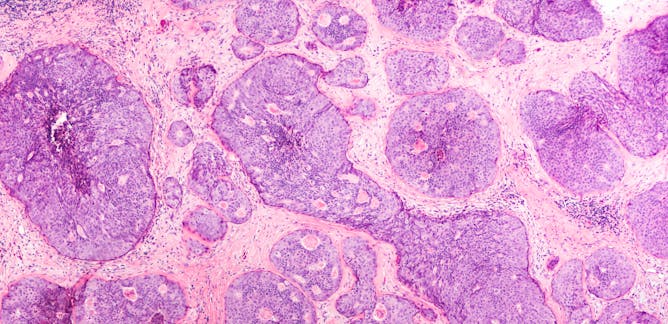
Melissa Southey, Monash University
A landmark analysis of the genetic sequences of hundreds of different cancers offers crucial insights into the origins and growth of the disease's myriad forms.
| |

Joseph Eisenberg, University of Michigan
Epidemiologists want to quickly identify any emerging disease's potential to spread far and wide. Dependent on a number of factors, this R0 number helps them figure that out and plan accordingly.
|
|
|
En Français
|

Sarah Daoud, Sciences Po – USPC
Par le rejet unanime qu’il suscite, le plan de paix proposé par Donald Trump pour résoudre le conflit israélo-palestinien va-t-il rapprocher les factions palestiniennes rivales ?
| |
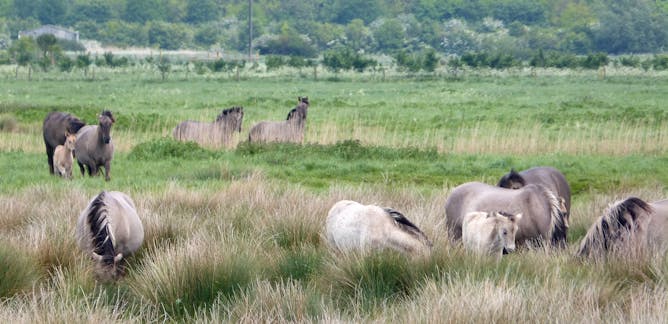
Kelvin S.-H. Peh, University of Southampton
L’initiative TESSA veut permettre aux acteurs locaux de mieux évaluer les avantages de la conservation des écosystèmes.
|
|
|